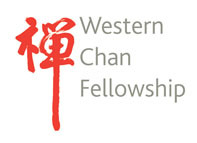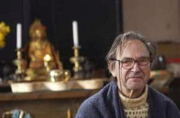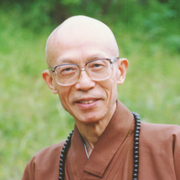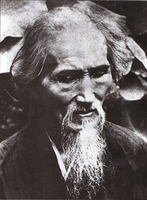Dharma Library
A large collection of articles, from past issues of New Chan Forum and more besides.
- Search by keywords, using the search box
- Or select articles by various categories such as topic or author - click on the section menus (found below the listed articles on a mobile view, or to the right on a desktop view)




